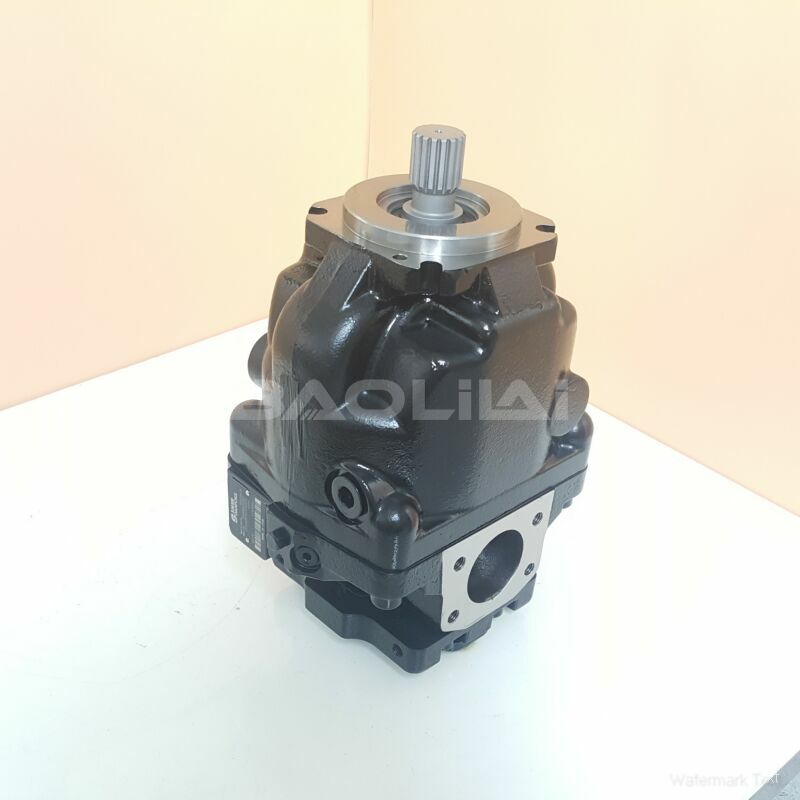ERL147CRP2520NNN3S2NPA1NAAANNNNNN hydraulic oil pump
ERL147CRP2520NNN3S2NPA1NAAANNNNNN hydraulic oil pump

- Product Details
- Applicable Scene
When it comes to industrial fluid transfer applications, selecting the right type of pump is essential for operational efficiency and reliability. Two common types of pumps used in various industries are plunger pumps and gear pumps. Each has its unique features, advantages, and disadvantages, which can affect their suitability for specific applications. Understanding the differences between the two can help engineers and decision-makers make informed choices.
ER-L-147C-RP-25-20-NN-N-3-S2NP-A1N-AAA-NNN-NNN
ERL147CRP2520NNN3S2NPA1NAAANNNNNN
Plunger Pumps

83031147
Plunger pumps, also known as piston pumps, utilize a reciprocating plunger to create a high-pressure seal and move fluid through the pump. They are known for their ability to handle high-pressure applications and are often used in environments like oil and gas extraction, high-pressure cleaning, and water jet cutting.
Pros:
High Efficiency: Plunger pumps can achieve higher pressure outputs than most other pump types, making them ideal for applications needing significant force.
Versatile: These pumps can handle a variety of fluids, including thick or viscous liquids, making them suitable for many industrial applications.
Self-Priming: Plunger pumps are capable of self-priming, which allows them to operate in a variety of setups without requiring a flooded suction line.
Minimal Leakage: The design of plunger pumps minimizes leakage, contributing to their efficiency and reducing waste.
Cons:
More Complex Mechanical Design: Plunger pumps have more components, which can lead to increased maintenance demands and more frequent repairs or replacements.
Pulsation: The operation of plunger pumps can create pressure pulsations that might be undesirable in some applications, requiring additional equipment to manage.
Higher Initial Cost: The cost of purchasing a plunger pump is generally higher than that of gear pumps.
Gear Pumps





